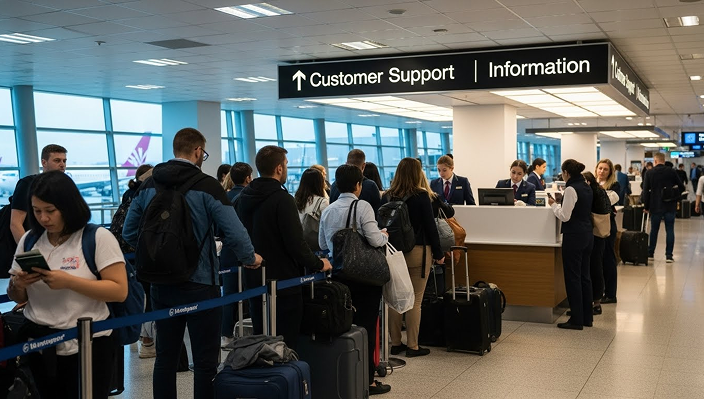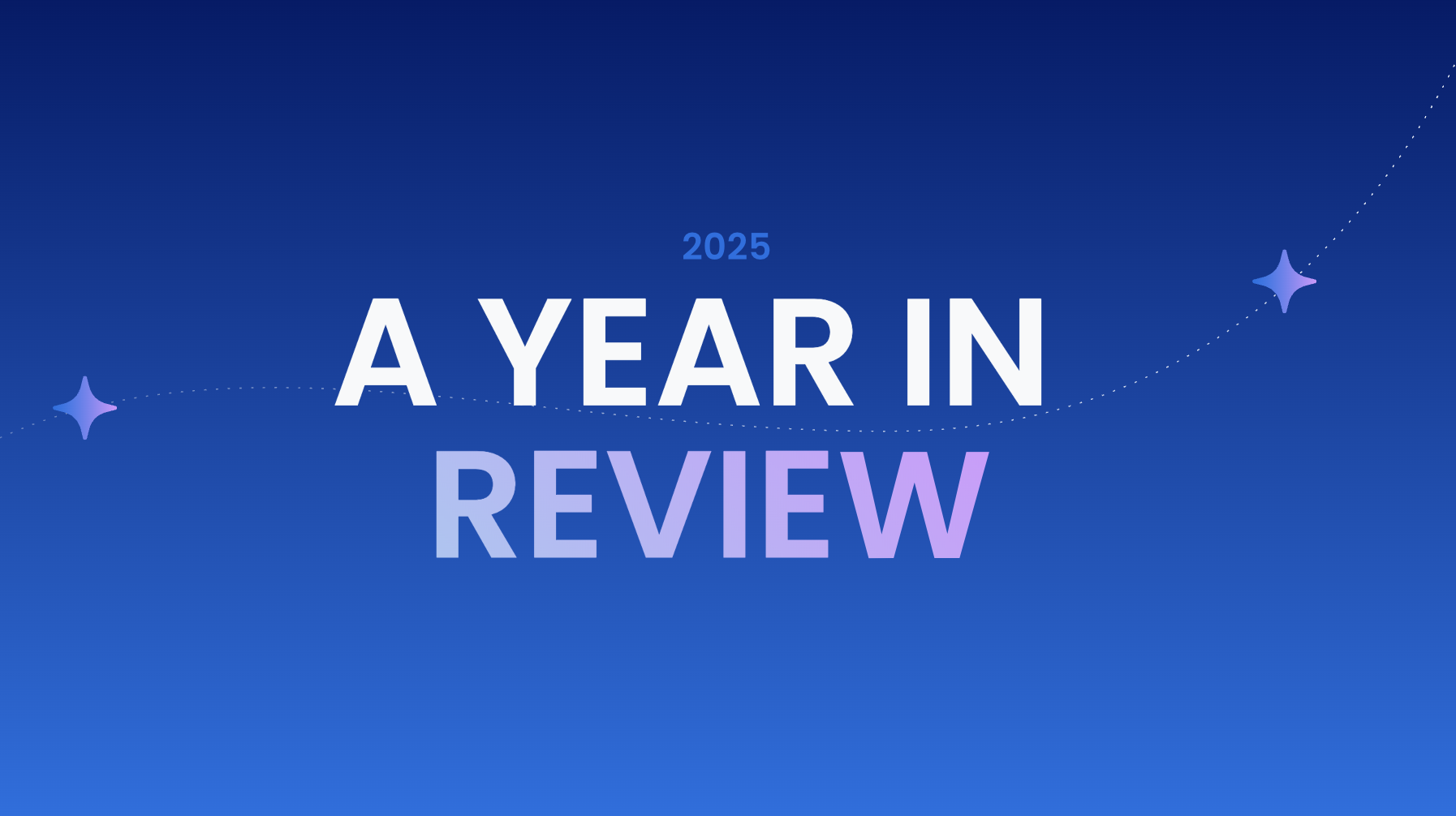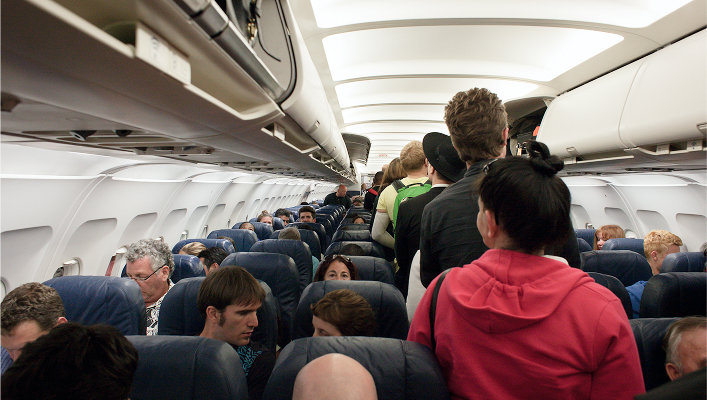Let's be honest: creating a company travel policy feels like trying to solve a Rubik's cube while blindfolded. You want to save money, keep employees happy, and maintain some semblance of control. But here's the thing – most travel managers accidentally shoot themselves in the foot before they even get started.
After helping over 300 companies manage their travel programs, we've seen it all. The good, the bad, and the "wait, you actually thought that would work?"
Here are the four biggest mistakes we see travel managers make – and how to avoid them.
Mistake #1: Setting Travel Budgets Based on Fantasy Prices
The Trap: You hop on Google Flights, see a $179 flight from NYC to Chicago, and think, "Perfect! That's our budget baseline."
Not so fast.
Here's what's actually happening behind those tempting prices:
- That $179 fare? It's probably basic economy (enjoy your middle seat in the last row!)
- The price shown on the departing screen is often paired with the world's worst return flight – think 12-hour layovers or red-eyes that arrive at 4 AM
- These are projection prices before you've even selected your return leg
The Reality Check: Business travel isn't leisure travel. Your team is booking flights 3-7 days out, not 3 months in advance. Those bargain fares? They're long gone.
Setting unrealistically low budgets doesn't save money – it creates a time-sucking approval nightmare. Every single trip becomes an exception request. Your inbox explodes. Your finance team wants to quit. Nobody's happy.
The Fix: Start with realistic benchmarks:
- Short-haul flights (under 3 hours): Budget $550
- Long-haul flights (over 3 hours): Budget $1,500
Remember: Airlines have similar cost structures and fierce competition keeps prices relatively consistent. You're not going to find secret deals that everyone else missed.
Mistake #2: The Refundable Fare Money Pit
The Trap: "We'll just book refundable fares so we never lose money on cancellations!"
This sounds smart until you do the math. Refundable economy tickets cost an extra $90-$120 per booking. Seems reasonable, right?
Here's the plot twist: After booking hundreds of thousands of flights through AllFly, we've found that only 2-4% of business trips get cancelled.
Let's Do the Math:
- 100 employees flying
- Average fare: $450
- Refundable upgrade: $100 per ticket
- Total extra cost: $10,000
But wait – only 4 people will actually cancel. That's $1,800 in potential e-credits versus $10,000 in guaranteed extra costs.
You just spent $10,000 to save $1,800. That's not cost management – that's lighting money on fire.
The Fix: Accept that e-credits are part of business travel. Create clear policies about what happens to unused credits:
- Track them in your booking platform (AllFly Quest does this automatically)
- Require employees to use credits within a certain timeframe
- If you want to be strict, deduct unused credits from final paychecks at termination
Mistake #3: Creating a Travel Policy That Needs a PhD to Understand
The Trap: "If the flight is over 4 hours, you can book premium economy, but only if it's a Tuesday, and Mercury isn't in retrograde."
We've seen some wild travel policies. One company tried to create rules based on flight segments: economy for legs under 4 hours, premium economy for longer legs.
Here's the problem: Airlines don't price tickets this way. They price based on total journey, not individual segments. Your 5-hour direct flight might be cheaper than a 3-hour flight with connections.
Complex policies create confusion, which leads to:
- Booking delays
- Non-compliance
- Frustrated employees
- More exceptions than rules
The Fix: Keep it simple:
- Set clear cabin class rules based on total flight duration (not segments)
- Use straightforward budget limits
- Make sure your online booking tool can actually enforce your policies
- If you need a flowchart to explain your policy, it's too complicated
Mistake #4: Assuming Your Employees Are Out to Get You
The Trap: Building a travel program based on the assumption that everyone's trying to book first-class flights to Tahiti on the company dime.
This mindset leads to draconian policies, multi-level approvals, and a culture of mistrust that makes everyone miserable.
The Reality: Your employees aren't trying to bankrupt the company. Our data shows the average shopping session in AllFly lasts 10-14 minutes. People are actively clicking around, comparing options, trying to find good deals. They care about being responsible with company money.
When you treat employees like potential thieves:
- They feel micromanaged and undervalued
- Booking becomes a stressful ordeal
- You spend more on oversight than you save on travel
- Top talent starts updating their LinkedIn profiles
The Fix: Build policies based on trust and common sense:
- Set reasonable guidelines and trust people to follow them
- Focus on outcomes (staying within budget) rather than micromanaging choices
- Celebrate employees who find great deals
- Save the scrutiny for actual outliers, not everyday bookings
The Bottom Line
Great travel policies balance cost control with employee experience. They're clear enough to follow, flexible enough to be practical, and built on a foundation of trust rather than suspicion.
Remember: Your travel policy isn't just about managing costs – it's about enabling your team to do their best work. When you nail the balance, travel management transforms from a headache into a competitive advantage.
Want to see how AllFly Quest can help you implement smarter travel policies? Let's talk – we promise to keep the Mercury retrograde jokes to a minimum.

.svg)
.svg)
.svg)













.png)






.png)
.png)



-min.png)
.png)
-min.png)
.png)
-min.png)
.png)
-min.png)
.png)




.jpg)


















.png)
.png)


